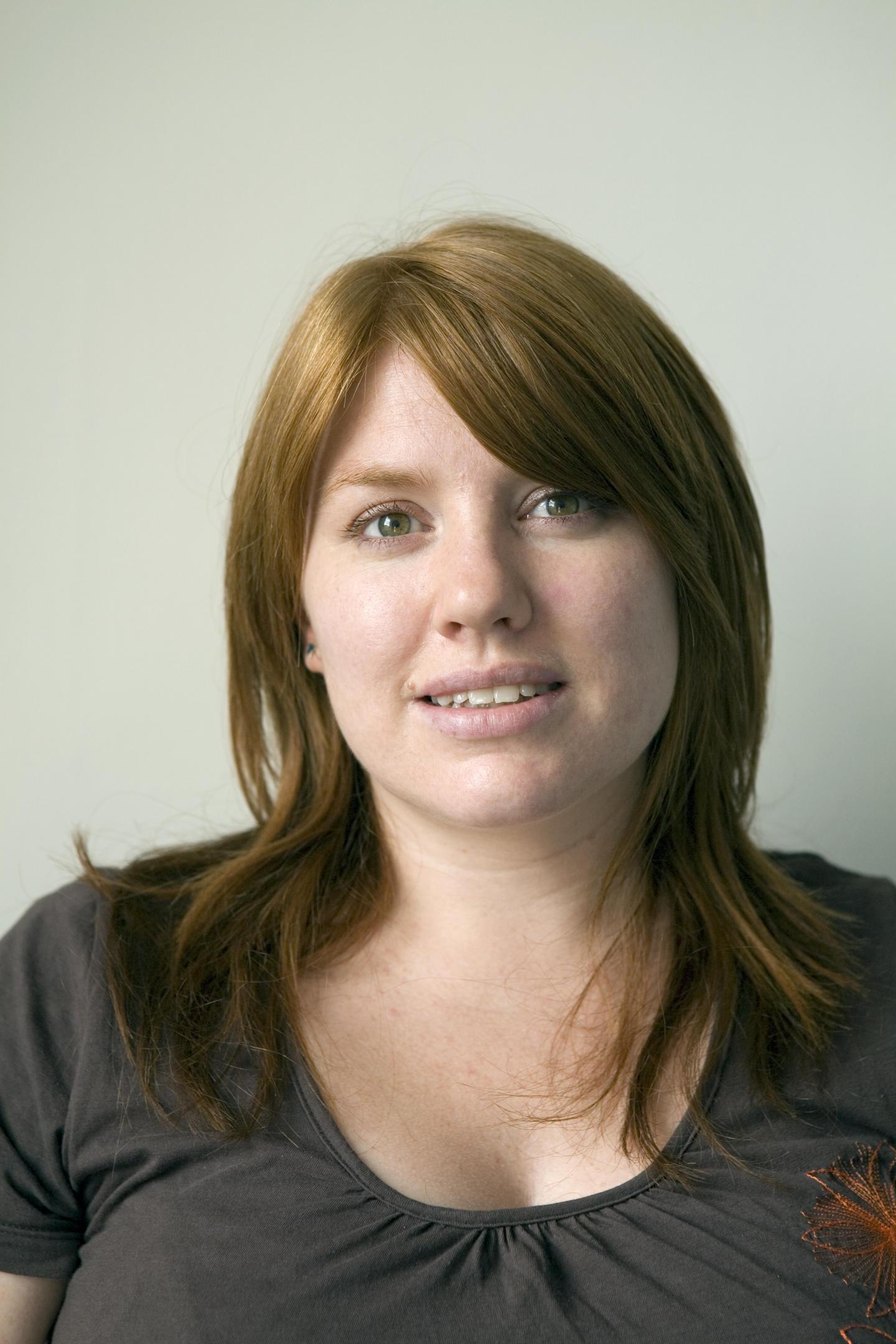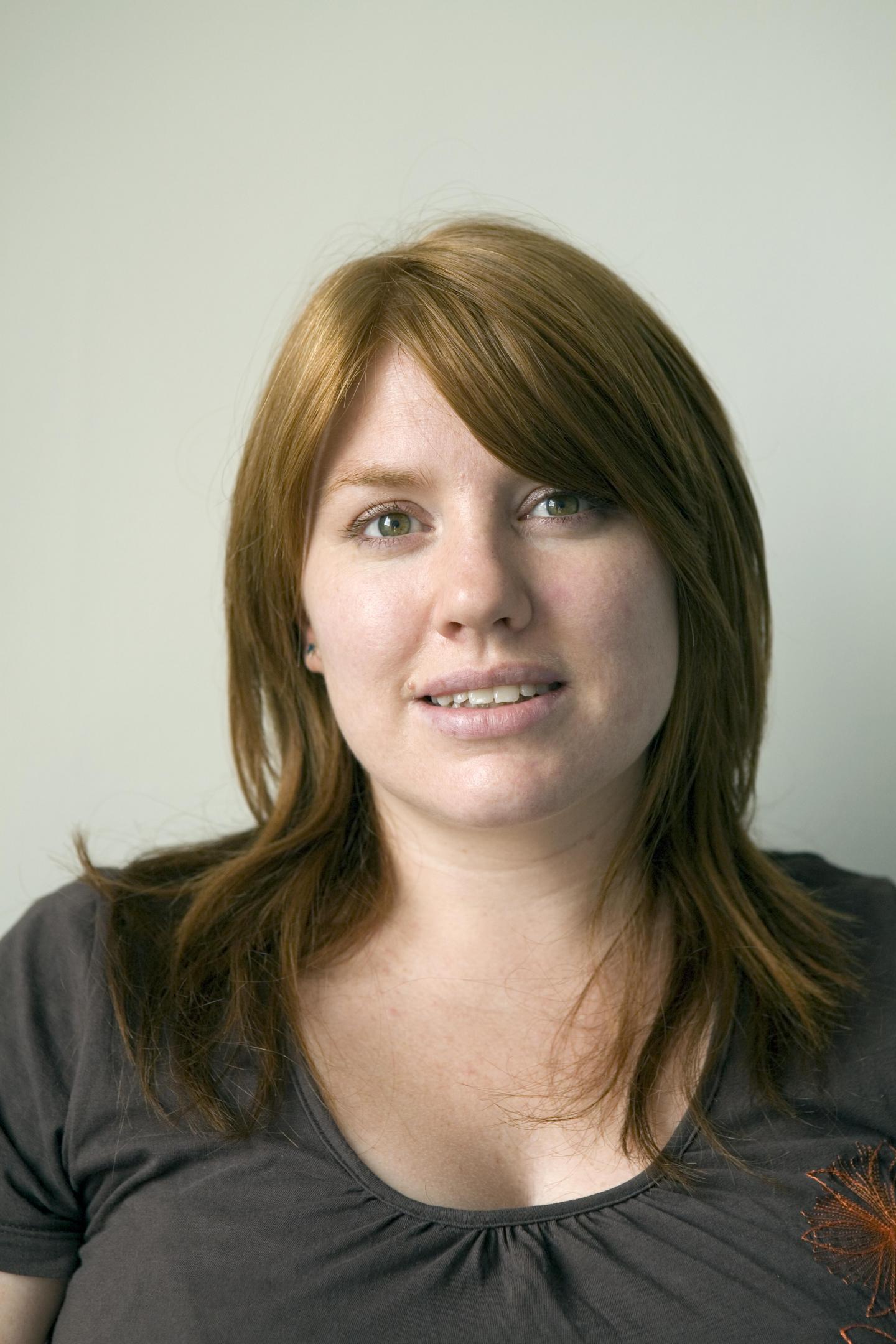
A report by Dr Kirsty Horsey at the University of Kent has discovered it is a myth that a high proportion of potential parents from the UK go overseas if they need to use surrogacy.
Written in conjunction with Surrogacy UK and other organisations, this is the first report of its kind and provides an unprecedented insight into how surrogacy is practised in the UK, dispelling a number of pervasive myths that have informed recent debate on the issue.
In her report, which also calls for the reform of surrogacy laws, Dr Horsey disproves the misconception that UK citizens are most likely to go abroad to find a surrogate. Although she says the numbers are difficult to interpret — as various official agencies record things in different ways — there is clear evidence that the vast majority of British people wishing to pursue surrogacy do so in the UK, not abroad.
She also found that UK surrogacy is altruistic, in that it firmly rejects commercialisation. There was overwhelming support for legal reform in order, primarily, to ensure the welfare and interests of surrogate-born children, remove uncertainty over parenthood and broaden access to surrogacy.
Under UK law, surrogates are the legal mother of any child they carry, even if they are not genetically related, unless a parental order is granted by a court after they give birth, which transfers their rights to the intended parents. Highlighted by the report is the overwhelming support (75% of survey respondents) for legal reform in order to better represent how this works in practice. Both surrogates and intended parents want to remove the legal uncertainty over parenthood at the point of birth.
Furthermore, the report finds that 69% of surrogates are opposed to being able to change their mind about giving a baby back to its intended parents. Only 5% believe that a surrogate should be able to change her mind at any point.
###
Dr Horsey produced the report as part of a Working Group on Surrogacy Law Reform with Surrogacy UK and The Progress Educational Trust, and practising surrogacy lawyer, Louisa Ghevaert.
Dr Horsey is Senior Lecturer at Kent Law School. Her research interests are primarily in the field of the regulation of human reproduction and genetic technologies, particularly where this overlaps with issues in Family Law.
For further information or interview requests contact:
Sandy Fleming
University of Kent Press Office
01227 823581/01634 888879
[email protected]
News releases can also be found at http://www.kent.ac.uk/news
Note to editors
Established in 1965, the University of Kent — the UK's European university — now has almost 20,000 students across campuses or study centres at Canterbury, Medway, Tonbridge, Brussels, Paris, Athens and Rome.
It has been ranked: third for overall student satisfaction in the 2014 National Student Survey; 16th in the Guardian University Guide 2016; 23rd in the Times and Sunday Times University Guide 2016; and 22nd in the Complete University Guide 2015.
In the Times Higher Education (THE) World University Rankings 2015-16, Kent is in the top 10% of the world's leading universities for international outlook.
Kent is ranked 17th in the UK for research intensity (REF 2014). It has world-leading research in all subjects and 97% of its research is deemed by the REF to be of international quality.
Along with the universities of East Anglia and Essex, Kent is a member of the Eastern Arc Research Consortium).
The University is worth £0.7 billion to the economy of the south east and supports more than 7,800 jobs in the region. Student off-campus spend contributes £293.3m and 2,532 full-time-equivalent jobs to those totals.
In 2014, Kent received its second Queen's Anniversary Prize for Higher and Further Education.





